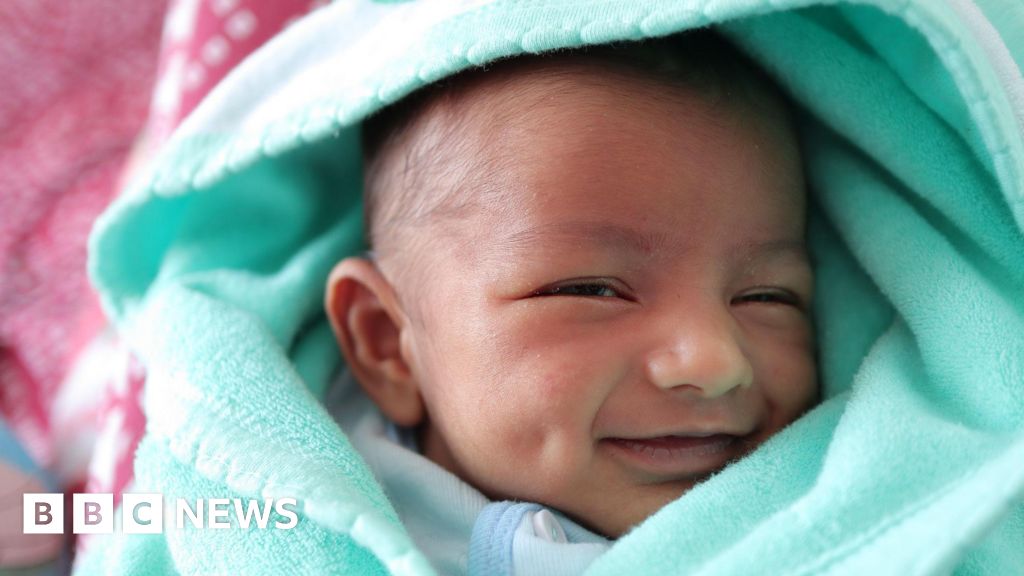Namrata Nangia and her husband have been toying with the idea of having another child since their five-year-old daughter was born.
But it always comes back to one question: ‘Can we afford it?’
She lives in Mumbai and works in pharmaceuticals, her husband works at a tyre company. But the costs of having one child are already overwhelming - school fees, the school bus, swimming lessons, even going to the GP is expensive.
It was different when Namrata was growing up. “We just used to go to school, nothing extracurricular, but now you have to send your kid to swimming, you have to send them to drawing, you have to see what else they can do.”
According to a new report by the United Nations Population Fund (UNFPA), the UN agency for reproductive rights, Namrata’s situation is becoming a global norm.



A lot of things happen in the developed world that serve no purpose besides economics. Phones could be made to last twice as long, and aren’t getting dramatically better from one generation to the next. We could build houses to last a century instead of 50 years for little more cash. We could make clothes that last longer, but then fashion would have to take a back seat to function. We have much more efficient lighting, but they are also designed to break more often than they could so more light bulbs can be sold. Cars could be made more efficient, and non-car transportation could be incentivized. We could fix food supply/distribution issues so there is less food waste. We could use more efficient, non-fossil methods of heating and cooling our homes, which should also be better insulated so they also cost less to heat or cool.
We may not be able to have 8 billion people living in the lap of luxury, but we could have 8 billion people with a place to live, food to eat, access to a green space to enjoy the outdoors, and access to the rest of the world through modern communications.